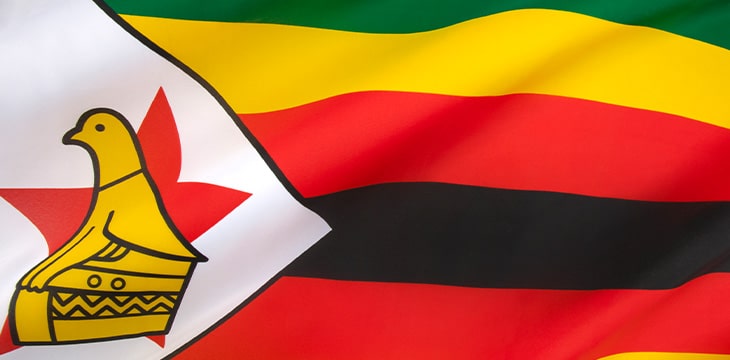|
Getting your Trinity Audio player ready...
|
The Reserve Bank of Zimbabwe (RBZ) is advancing with steps to explore its intention of issuing a central bank digital currency (CBDC). Following prior notices to the Cabinet, the central bank is now ready to begin public consultations and consumer surveys to develop the e-Zimbabwe dollar.
The plan was disclosed in the RBZ’s Mid-Term Monetary Policy Statement published this month by the office of the central bank Governor John Panonetsa Mangudya. Per the statement, the CBDC is one of the measures the central bank is looking to utilize in tightening monetary policy to “sustainably anchor inflation and exchange rate expectations.”
The RBZ says stakeholders have a “paramount” role in the CBDC journey. To properly get their input, the central bank has prepared a consultation paper that will be published soon. It will also carry out consumer perception surveys which will enable it to develop pilot CBDC programs.
“The consultation paper is aimed at fostering a broad and transparent public dialogue regarding the potential benefits and risks of CBDC…The findings of both the consultation paper and consumer survey will enable the Bank to engage in pilot programs related to CBDC,” the report said.
The report revealed that so far, the RBZ has been conducting a study tour to countries that are “advanced in CBDC endeavors. It adds that the bank has developed a roadmap for adopting CBDC in Zimbabwe and will follow a phased approach for its issuance in keeping with global trends.
More African countries exploring CBDCs
Zimbabwe first began exploring a CBDC in November 2021, following Nigeria’s October e-Naira launch. According to a Bloomberg report at the time, the South African country sent a team to Nigeria to learn from the experience of launching a CBDC.
Zimbabwe also made an about-face from giving digital assets favorable consideration at the time. Before then, the country had mulled over making the pioneer digital asset, Bitcoin, legal tender. Zimbabwe has long tussled with hyperinflation that has made its currency unstable.
Meanwhile, other African countries’ central banks have also been making CBDC adoption moves. South Africa and Rwanda are a few that have made recent updates to their plans. The Bank of Central African States (BAEC), the regional bank of Central Africa, has also been encouraged by its board to issue a common digital currency for its member states.
To learn more about central bank digital currencies and some of the design decisions that need to be considered when creating and launching it, read nChain’s CBDC playbook.
Watch: The BSV Global Blockchain Convention presentation, CBDCs and BSV

 02-24-2026
02-24-2026 




